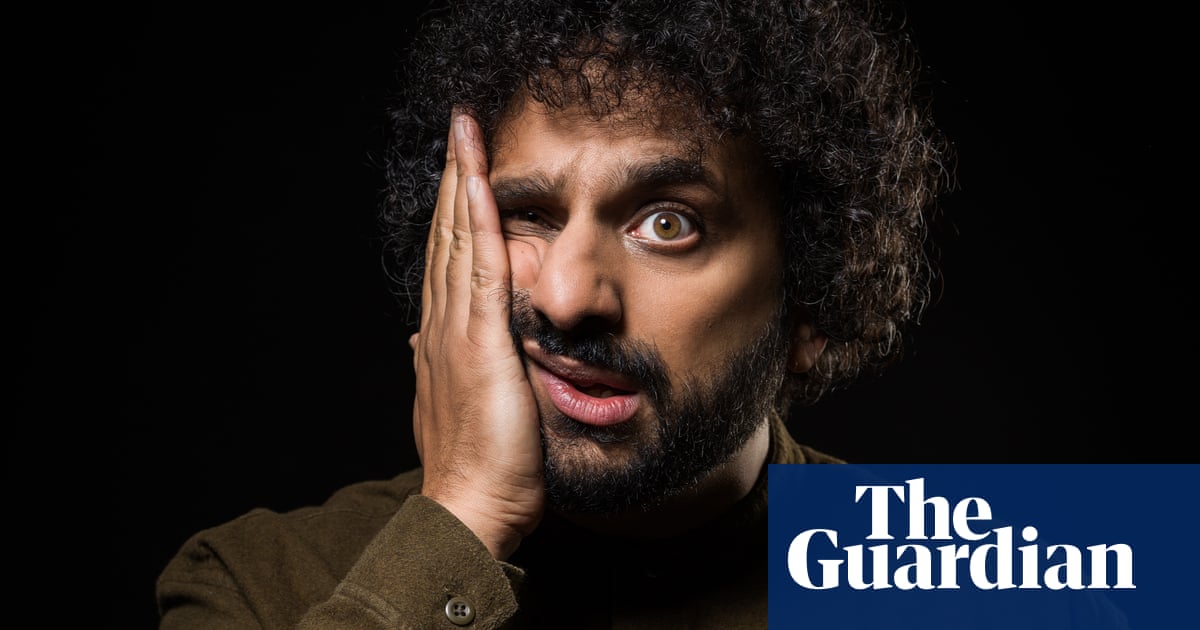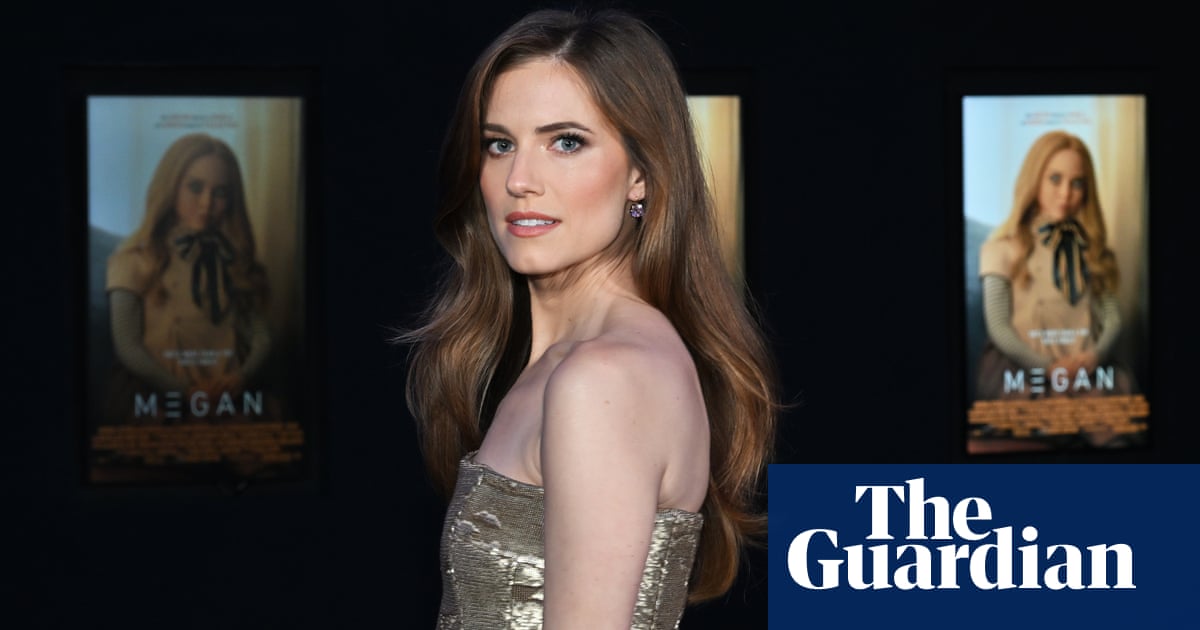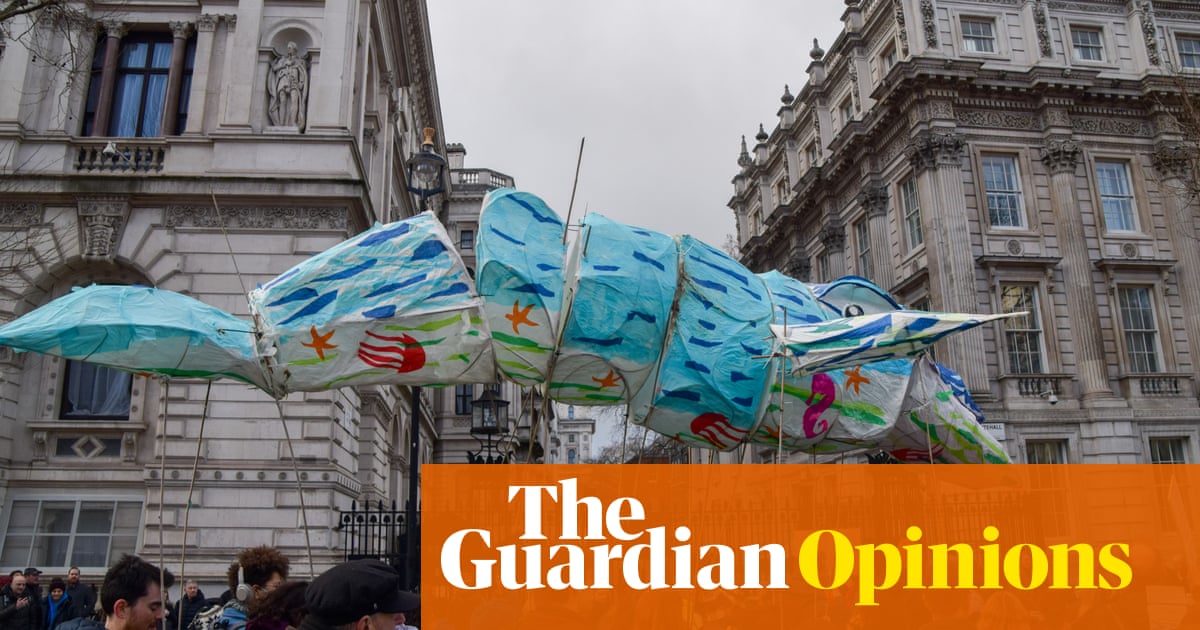
ski resort once crowned “the best small town in America” may seem an unlikely venue for three scientists to issue an edict about the global response to a pandemic. But Great Barrington, Massachusetts, is the home of the libertarian thinktank the American Institute for Economic Research (AIER), which this month hosted a meeting to discuss “the global emergency created by the unprecedented use of state compulsion”.
The result was “the Great Barrington declaration”, which prompted headlines about the disintegrating scientific consensus that managing Covid-19 requires society-wide changes to behaviour. It is a sorry parable about what happens when bad science gets co-opted by shady ideological interests.
The declaration, which calls for an immediate resumption of “life as normal” for everyone except the “vulnerable”, is written by three science professors from Harvard, Oxford and Stanford, giving it the sheen of academic respectability. But there is much to set alarm bells ringing. It makes claims about herd immunity – the idea that letting the virus rip among less vulnerable groups will allow a degree of population-level immunity to build up which will eventually protect the more vulnerable – that are unsupported by existing scientific evidence. The professors do not define who is “vulnerable”, nor do they set out a workable plan for shielding them. The declaration sets itself up against a straw proposal that nobody is arguing for – a full-scale national lockdown until a vaccine is made available. There is no acknowledgement of the massive scientific uncertainty that exists with a new disease.
The statement claims to have been signed by more than 6,000 medical scientists, but anyone can sign up claiming to be one (there are a number of fake medical signatories on the list, including a Dr Harold Shipman). When Sky News pressed one of the co-authors on this, he said: “We do not have the resources to audit each signature.” Consider what this approach would mean for scientific endeavour were it applied more broadly. And what are scientists doing fronting a campaign whose back office is run by a thinktank that flirts with climate change denial?
Nothing, from the self-aggrandising name to the video of the three professors toasting with champagne their statement about a pandemic that has killed more than 1 million, suggests the epistemological humility we might expect from scientists during this pandemic.
They may be well-meaning but naive; if so, they are falling into well-documented traps. In his 2007 book The Honest Broker, Roger Pielke sets out a typology of science engagement, including the “science arbiter” and the “issue advocate”. It’s fine for scientists to become advocates of a particular policy so long as they are transparent about where expertise stops and advocacy begins. There is no such thing as public policy informed purely by science; as we have seen with Covid-19, policy juggles limited scientific knowledge alongside economic considerations and normative value judgments informed by competing political ideologies.
Pielke argues that “stealth advocacy” is damaging to science. In recent months, politicians have claimed they are “following the science”, which rarely points in a single direction, as a way of escaping accountability for bad political judgments. But there are also scientists who use science as a screen for pushing their own values.
The natural authority that imbues a professorship – and the perception that scientists are somehow neutral experts – makes this very dangerous. Scientists are human, with all the cognitive biases, flaws and personal grudges that entails. This is why academic science has so many institutional checks and balances, such as peer review, to try to filter it all out – checks and balances that the Great Barrington declaration sidesteps altogether. This is a problem because, as always, there is potential for significant human bias. The Oxford professor Sunetra Gupta’s widely reported mathematical modelling in late March suggested that up to half the UK population may have had Covid-19; she claimed at the time she was confident that humanity would build up herd immunity. The serological evidence suggests her modelling was wrong, but Gupta has not addressed this in her declaration. How do we know she is not being influenced by the natural desire to be proved right?
History tells us what happens when bad science gets deployed by corporate interests. The tobacco, oil and sugar industries have all used maverick scientists to undermine the scientific consensus about the ill-effects of smoking, climate change and sugar consumption, outwitting media that too often abandon their critical faculties in a search for “balance”. The BBC report of the Great Barrington declaration is woeful: no mention of the fact that the 6,000 experts are unverified; only a small section at the end on dissenting views, with little sense that this is where the balance of scientific opinion lies.
Of course, there should be no expectation that scientists fall into line with a consensus; a lack of certainty means there is room for competing opinions. Scientists disagree on the extent of social restrictions needed to adequately suppress the spread of the virus; the answer to this question is any way heavily shaped by practical constraints, such as the efficiency of contact tracing. I, along with many others, believe too little has been done to alleviate the harmful impacts of lockdown. But it is misleading to suggest that giving up on suppression is anything but an outlier position.
To be fair, I have heard people in the scientific community express concern that Independent Sage, a group of scientists chaired by Sir David King, is engaging in values-based policy advocacy without being totally clear about it. But the Great Barrington model is by far the worst example.
I doubt Gupta et al are signed up to the AIER’s political ideology. But her claim that the declaration should sit outside politics while launching it at an event hosted by a libertarian thinktank funded by the Koch Foundation sits very oddly. The kindest interpretation is these are three politically naive but self-important scientists with little idea about how to engage with the real world. But they have done science a profound disservice.
• Sonia Sodha is chief leader writer at the Observer and an Observer and Guardian columnist












